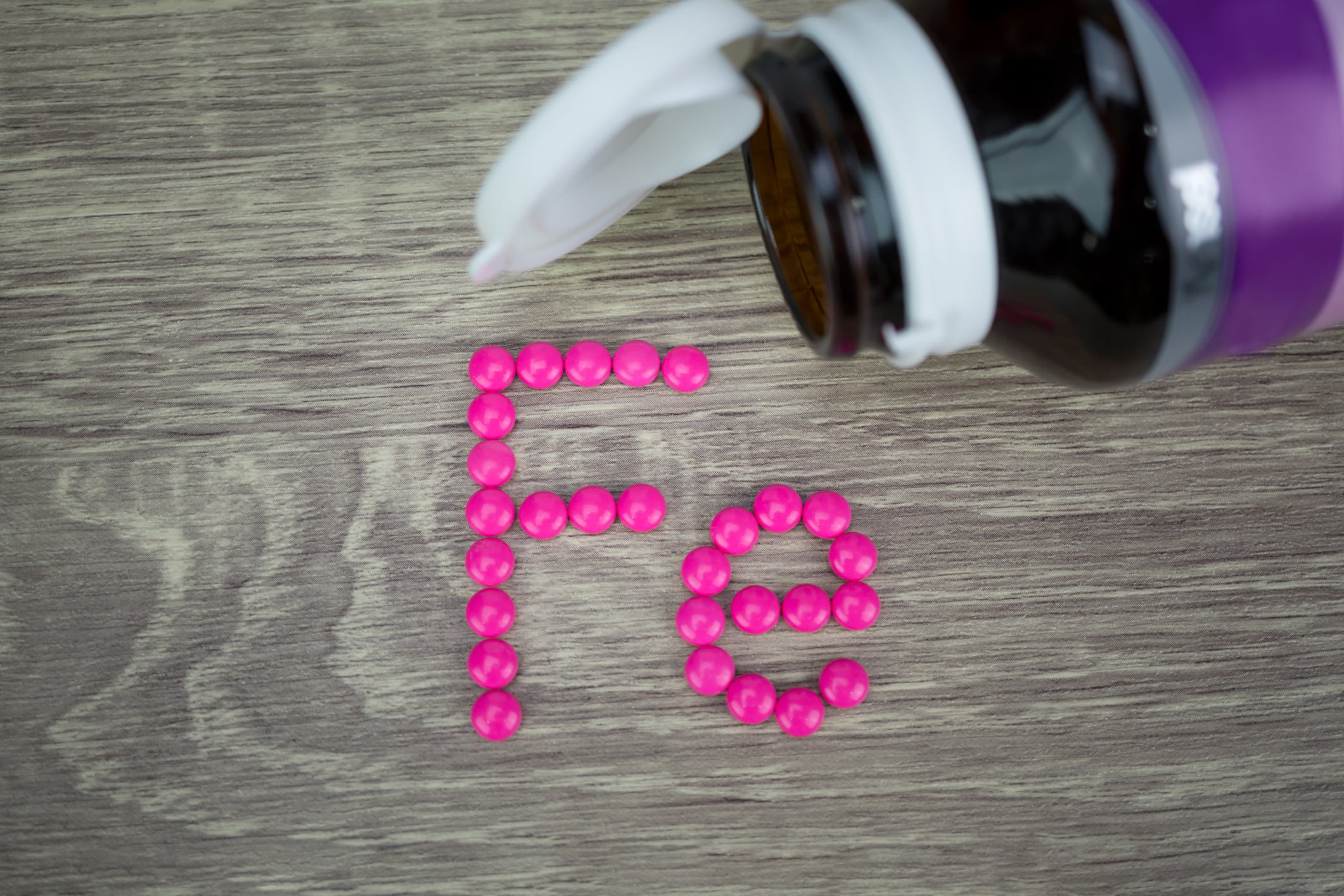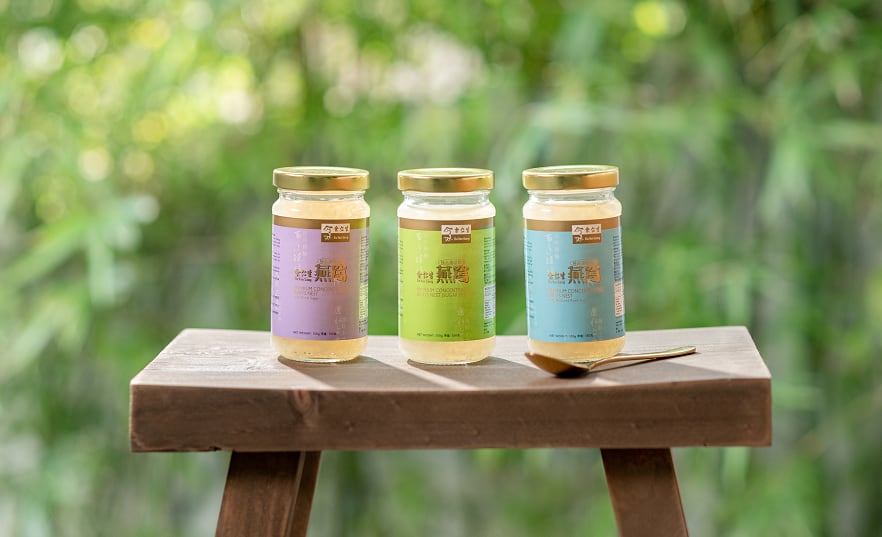Hangover relief? L. mesenteroides probiotic shown to lower acetaldehyde levels

A new clinical trial from South Korea has shown that taking the probiotic Leuconostoc mesenteroides before alcohol drinking could alleviate hangover symptoms.
The probiotic strain studied was Leuconostoc mesenteroides VITA-PB2. It is derived from soybean fermented with kimchi.
As compared to placebo, taking the probiotic has significantly reducing acetaldehyde levels an hour after alcohol consumption, based on findings published in Nutrients.
WATCH: Kirin finds link between frailty and low pDC activity
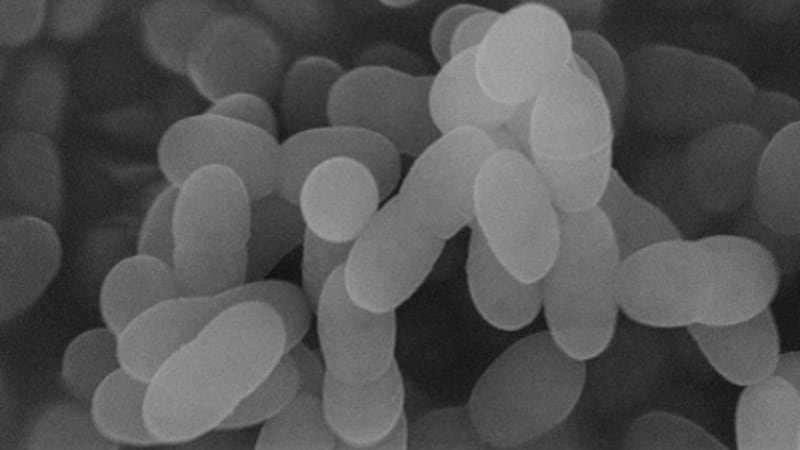
Frailty is related to reduced plasmacytoid dendritic cell (pDC) activity, according to new findings from Kirin.
Said to be the first-of-its-kind finding, frail seniors showed a lower percentage of pDCs that produce interferon-alpha (IFN-α) — a protein that regulates the immune response to viral infections - as compared to healthy seniors.
However, it remains unclear if there is a direct causal relationship between pDC activity and frailty, Sugihara Yoshiko, researcher at Kirin Holdings Health Science Research Institute, told NutraIngredients.
Mulberry leaf, water chestnut tea could suppress post-meal blood sugar spike
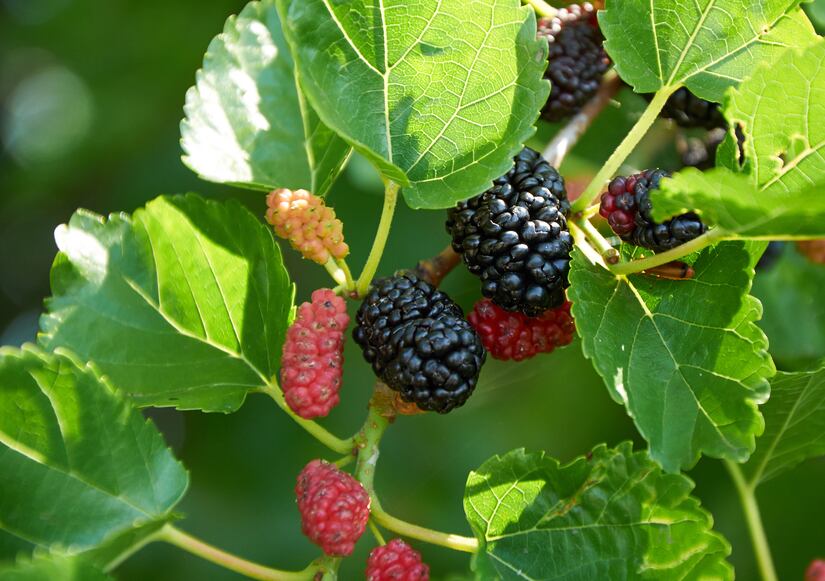
Drinking tea made from the leaves of mulberry and husk of water chestnut could significantly suppress post-meal blood sugar spike, a new study from Japan has reported.
The reported benefits could be linked to the 1-deoxynojirimycin (DNJ) content of mulberry leaves. This is a compound which plays a role in suppressing post-meal blood glucose elevation.
The study involved 31 participants randomized to take either mulberry and water chestnut tea or placebo for two weeks, followed by a week of washout period.
B. breve shown to improve metabolic, gut health
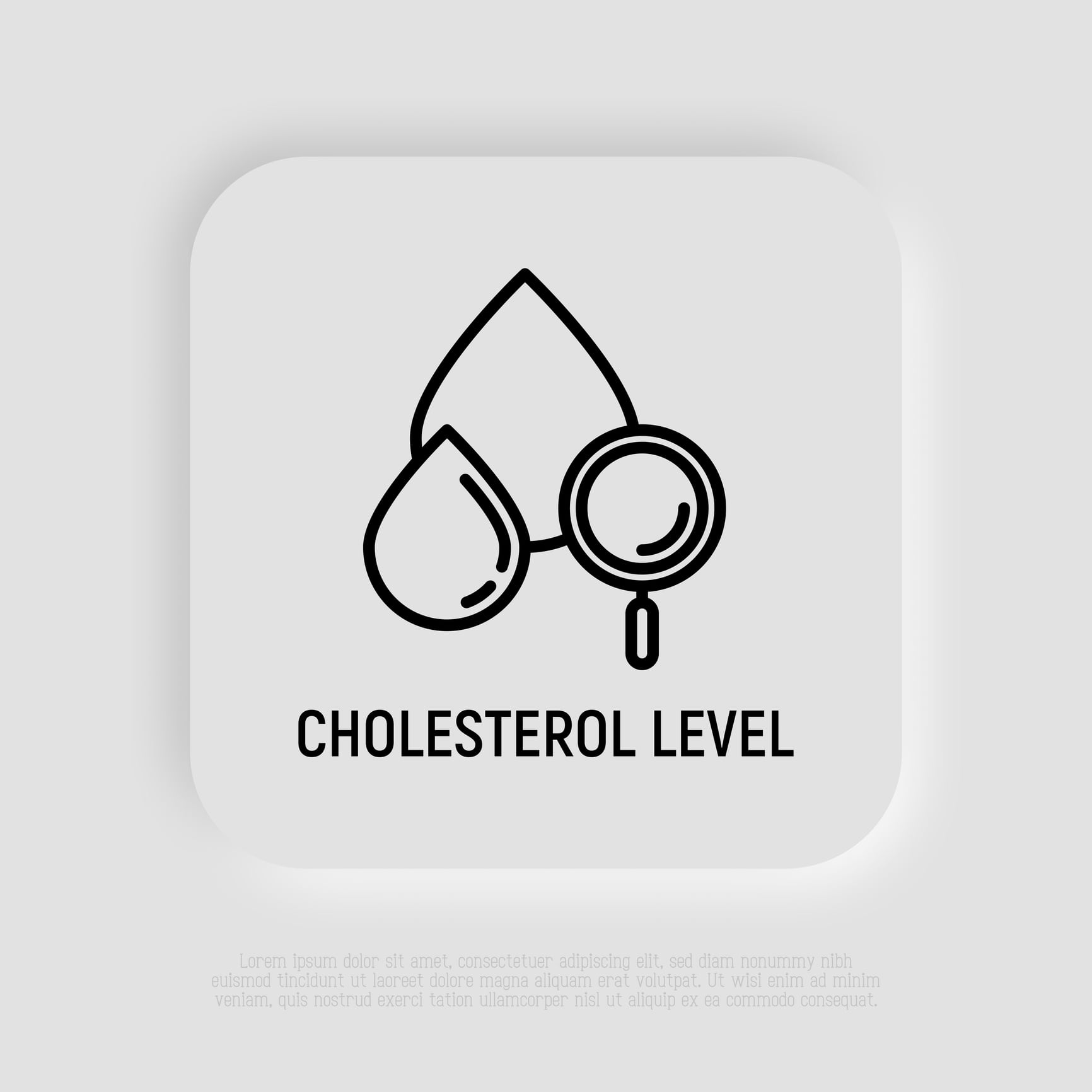
The supplementation of the probiotic strain Bifidobacterium breve BBr60 has been shown to improve metabolic and gut health in an eight-week trial.
Specifically, the amount of “good” cholesterol — HDL cholesterol — has significantly increased post-probiotics intervention.
Gastrointestinal functions, such as loss of appetite, also improved post-intervention, according to findings of a study conducted in China and published in Clinical Nutrition.
Tocotrienol intake reduces joint stiffness in rheumatoid arthritis sufferers
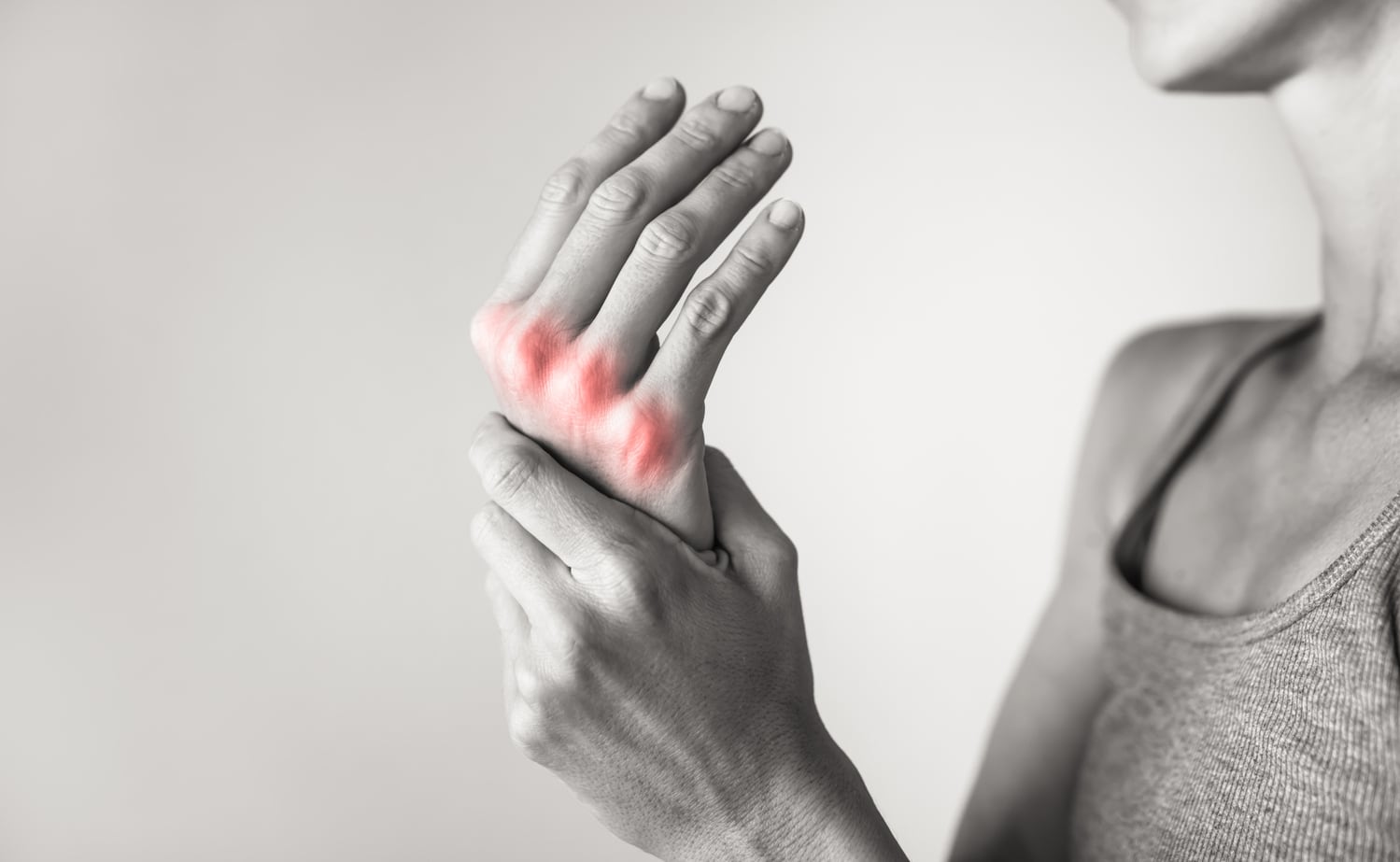
Taking both tocotrienol-rich fraction and anti-rheumatic drugs can significantly reduce symptoms of rheumatoid arthritis, such as joint stiffness and discomfort, and the results were better than people who were only on medications, said a study from Malaysia.
The six-month long clinical trial is said to be the first-of-its-kind study to assess the therapeutic efficacy of tocotrienol-rich fraction (TRF) in reducing disease activity.
Findings of the study funded by the Malaysian Palm Oil Board (MPOB) were published in the European Journal of Nutrition.




